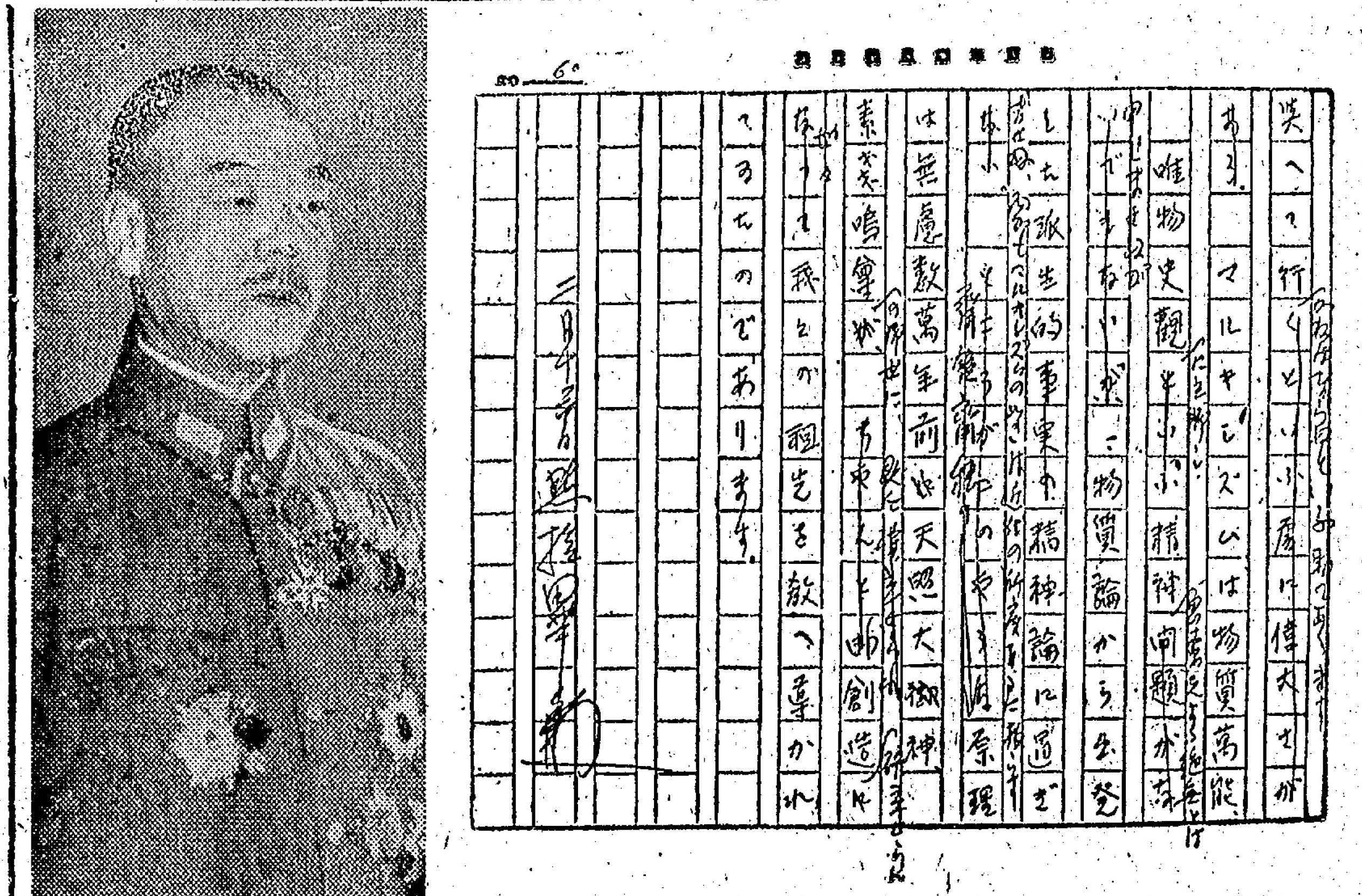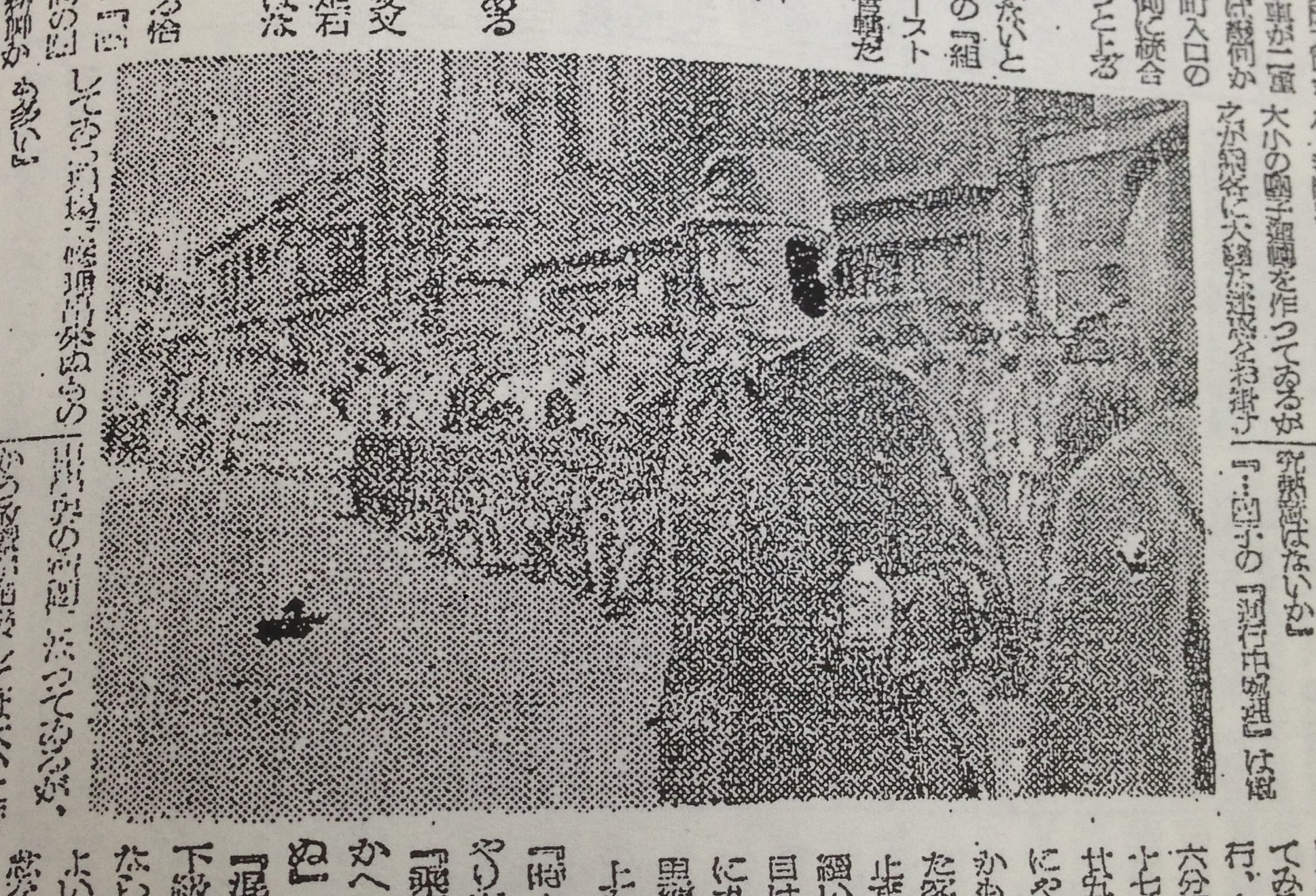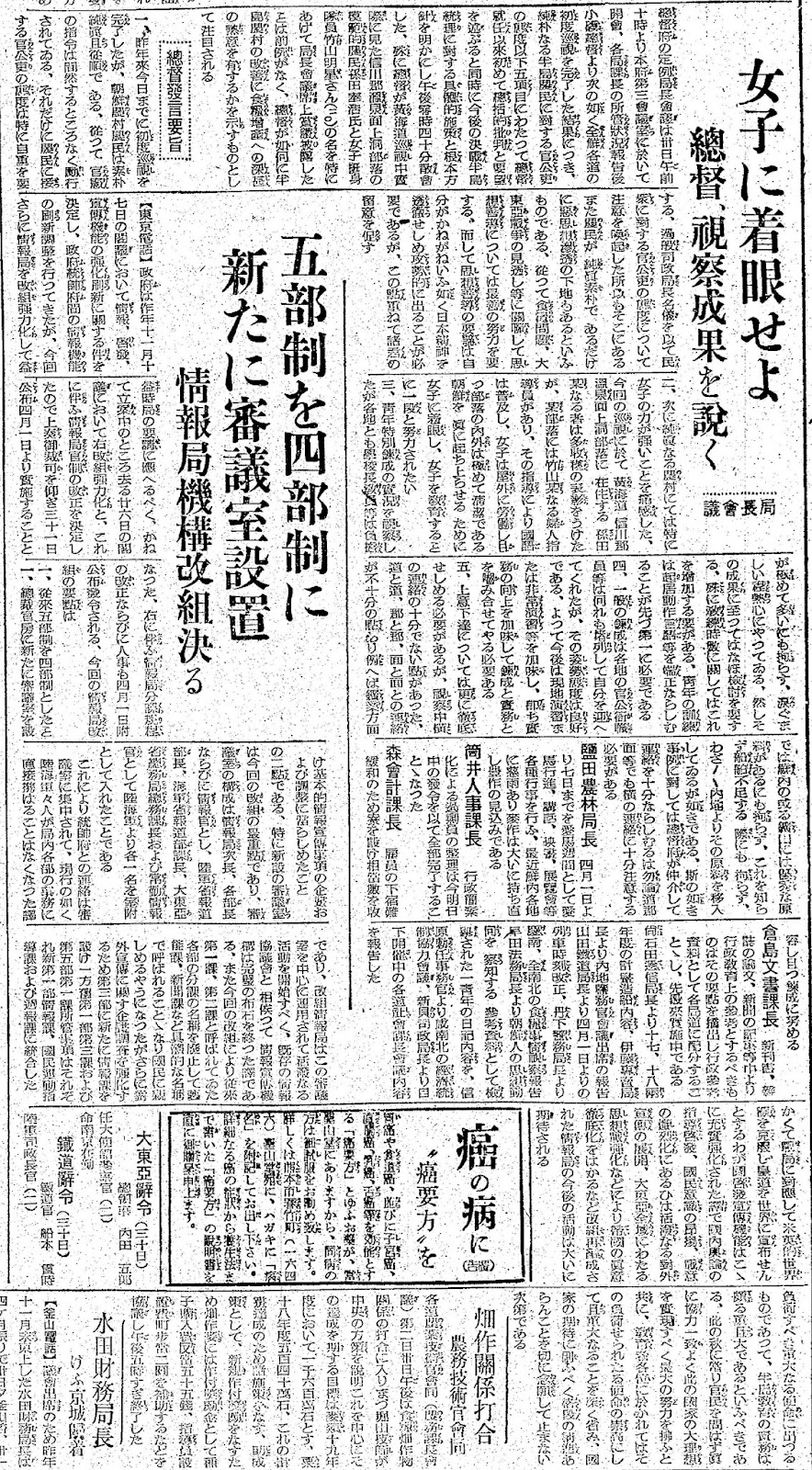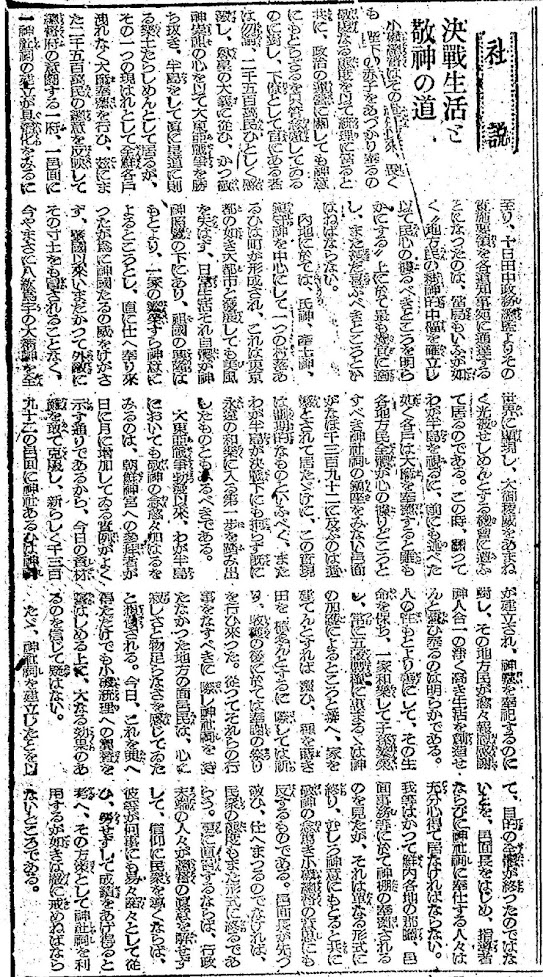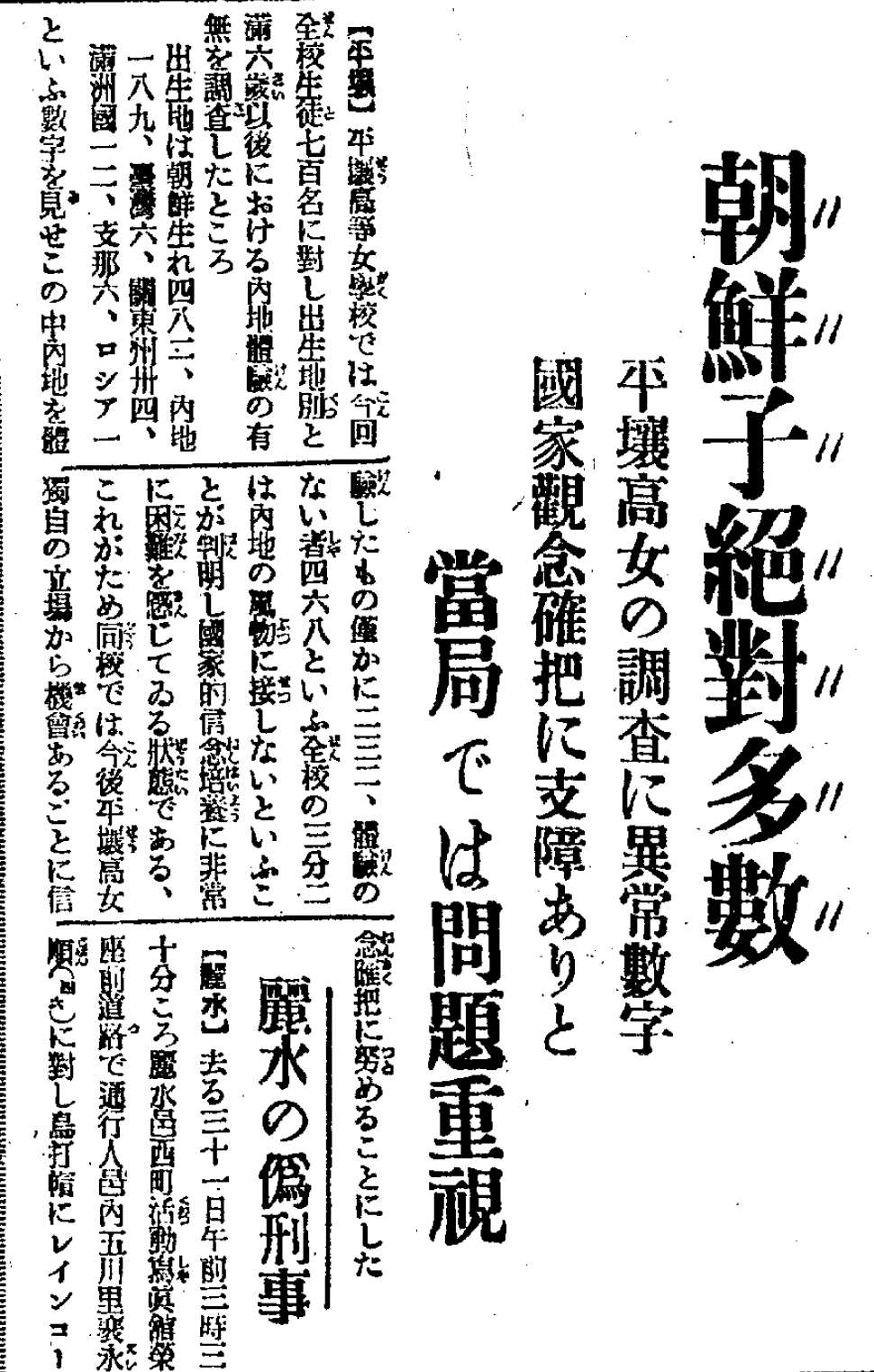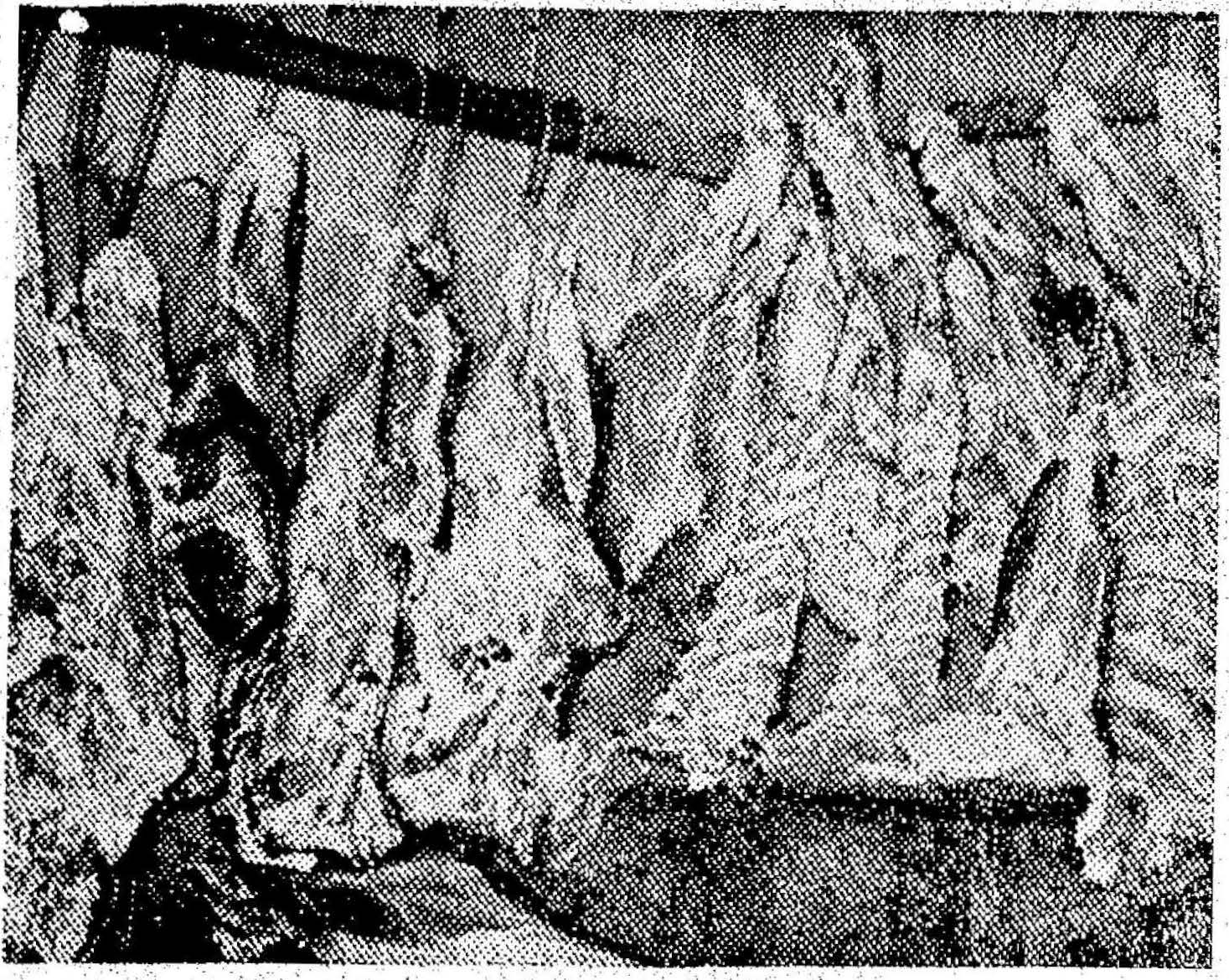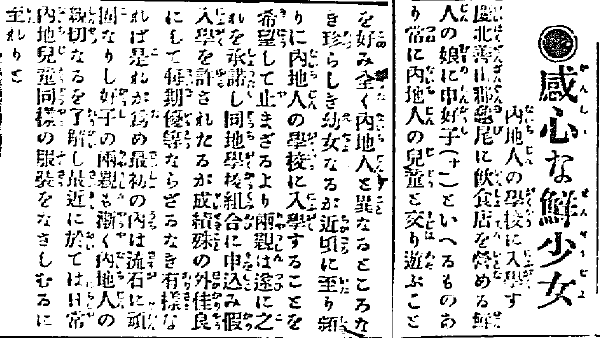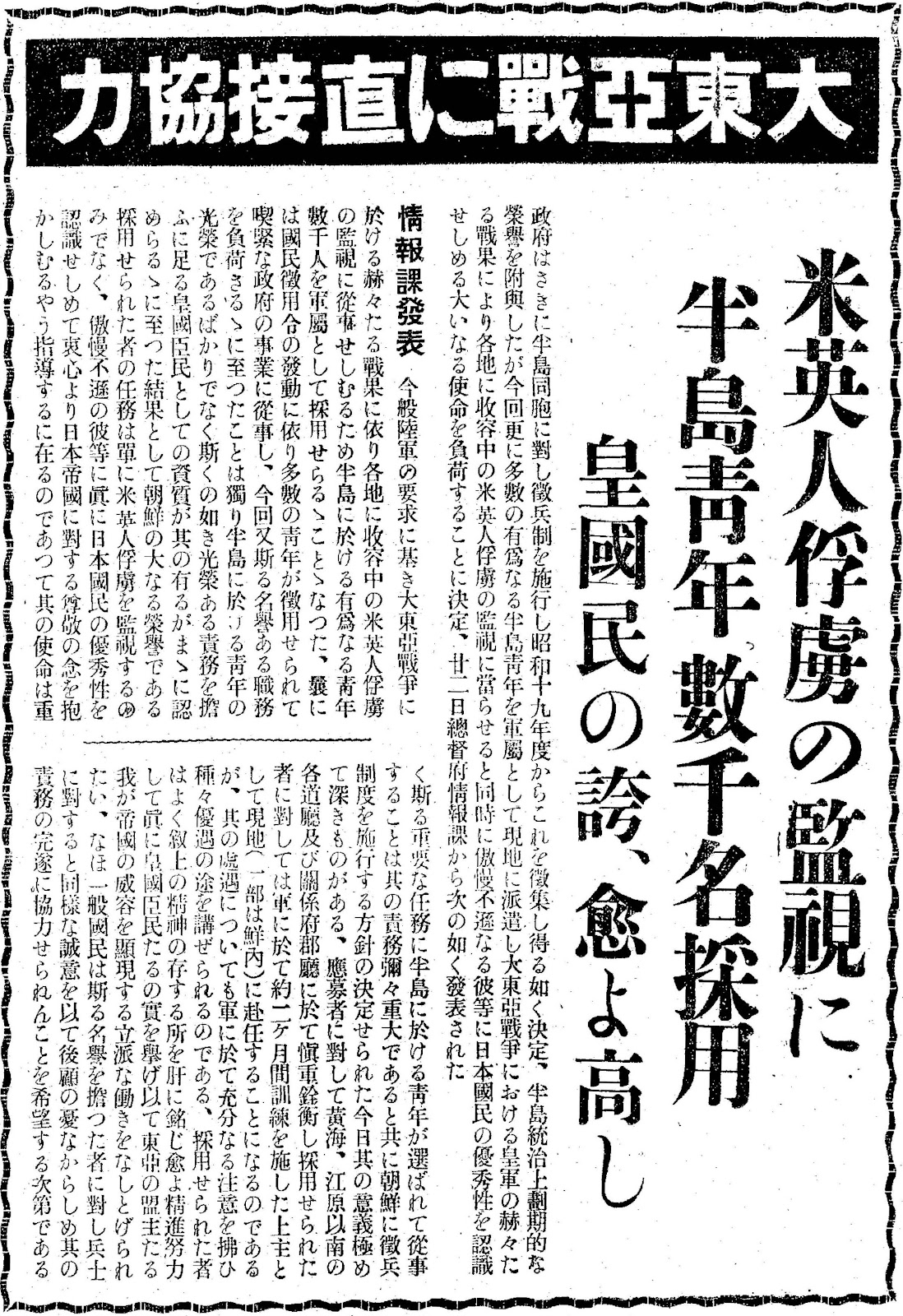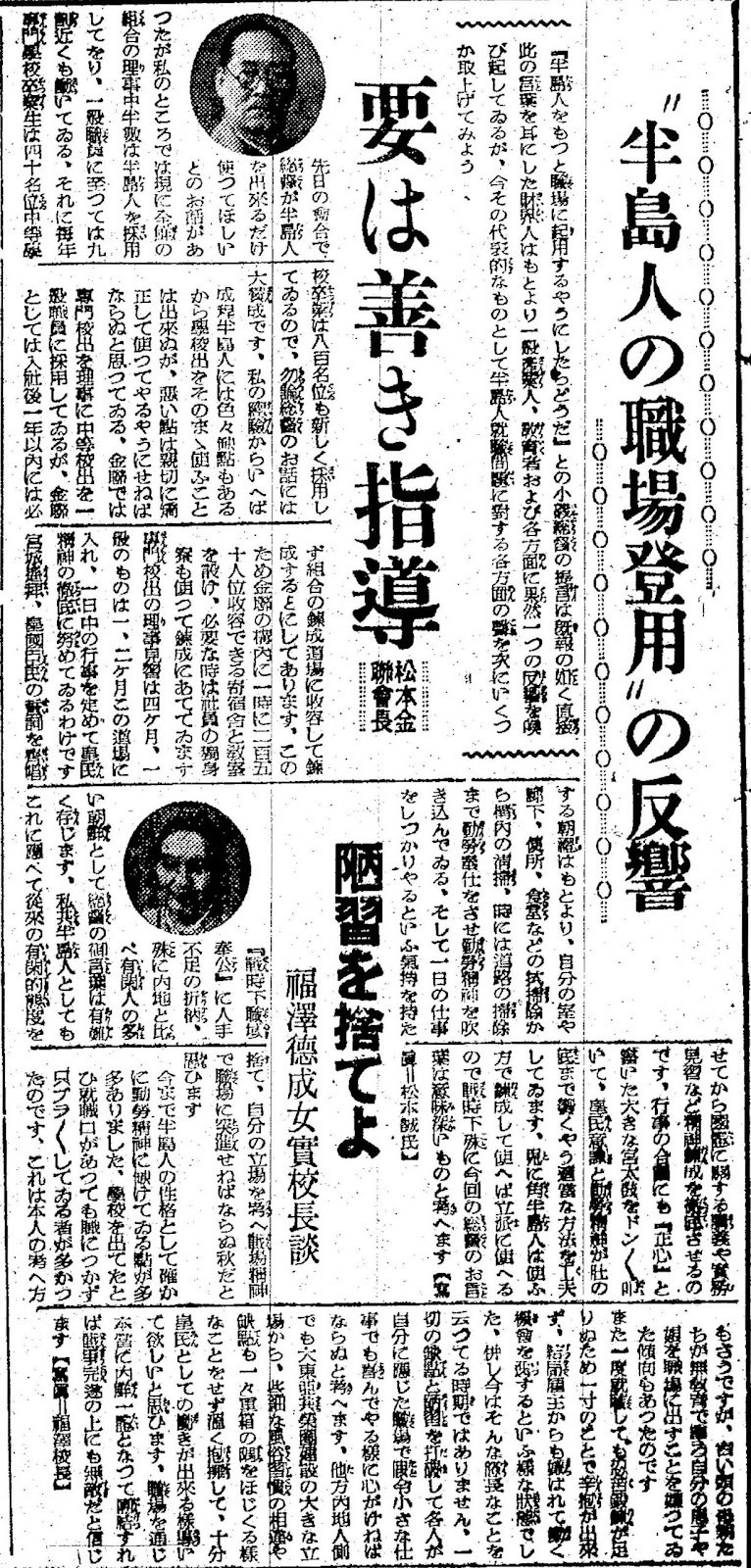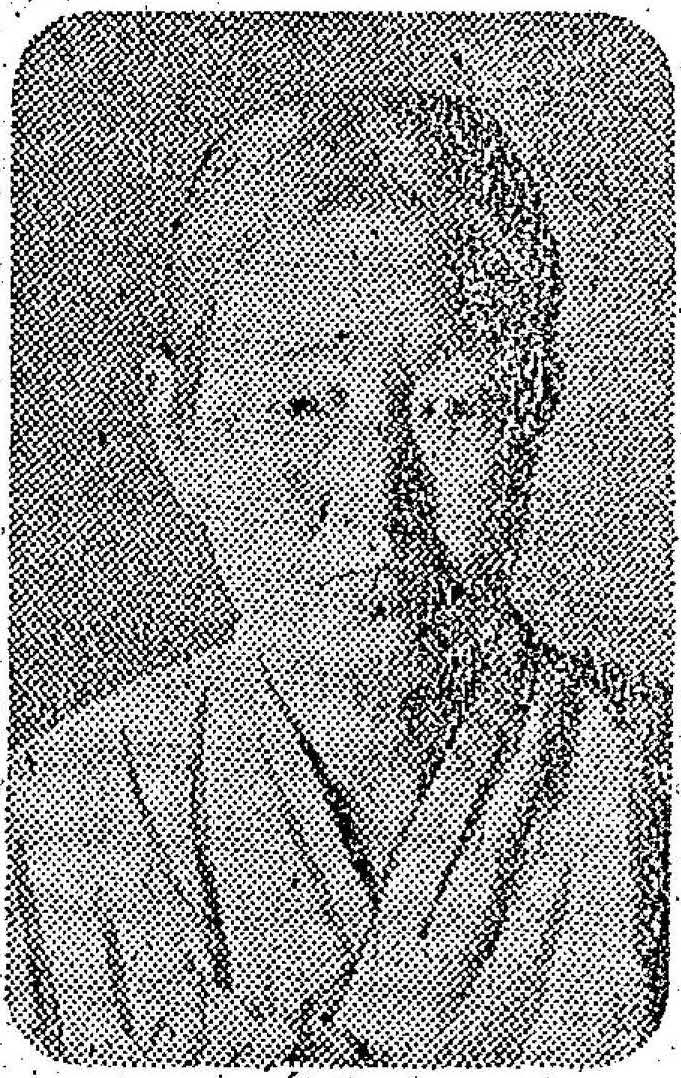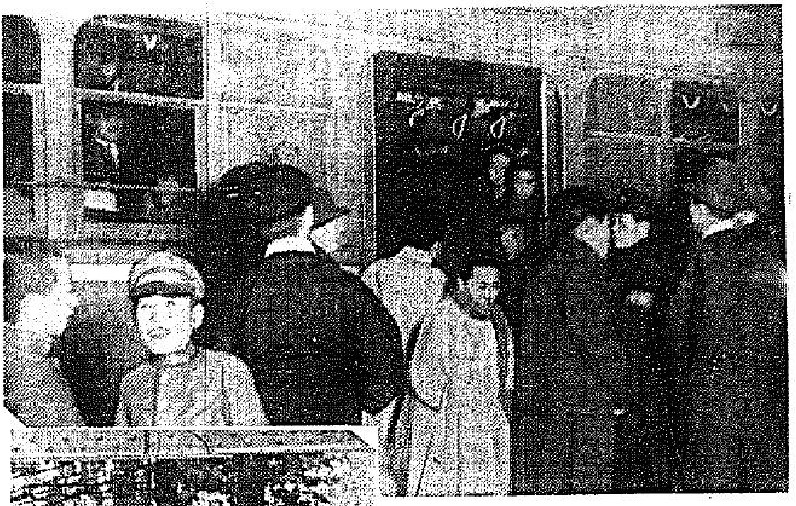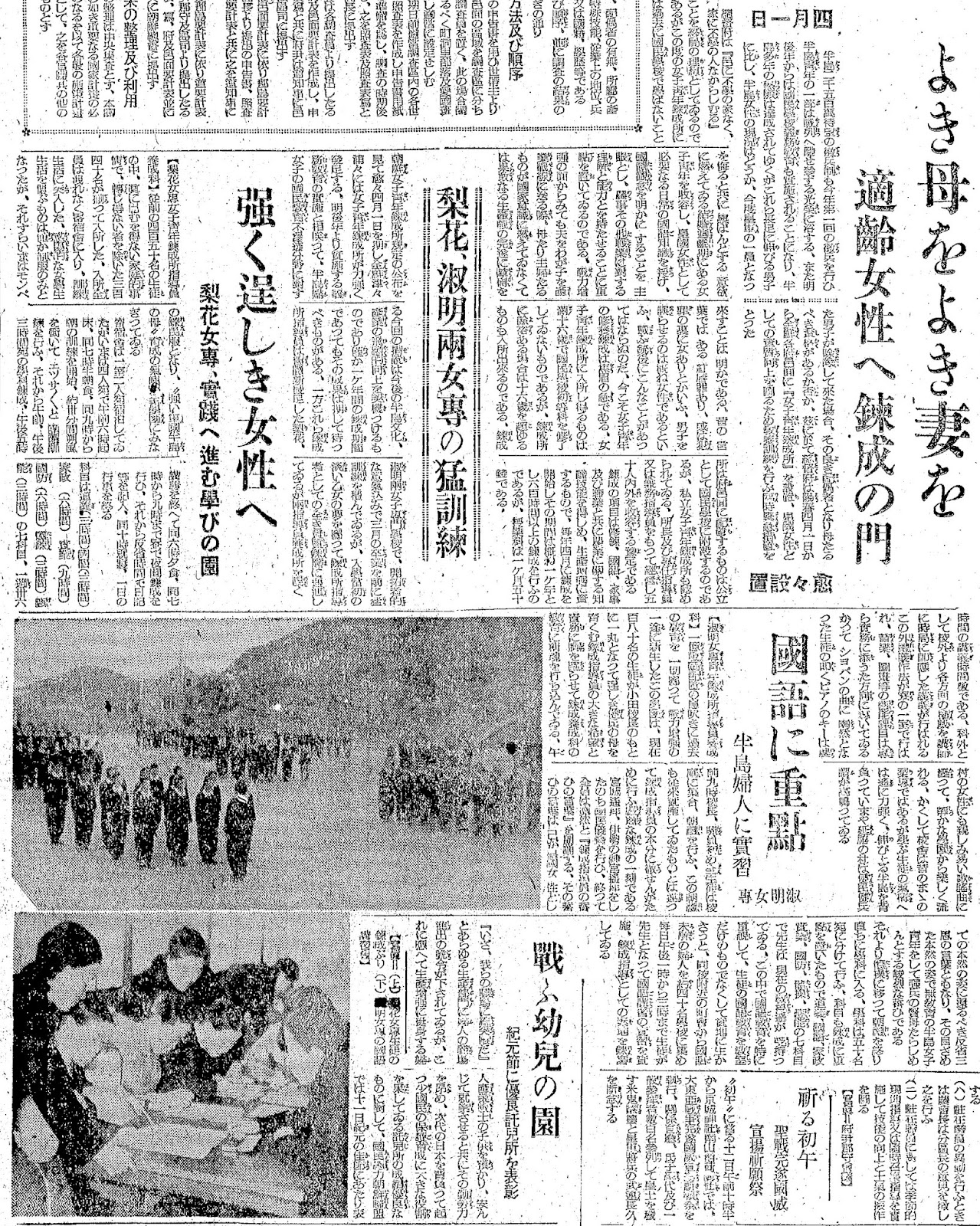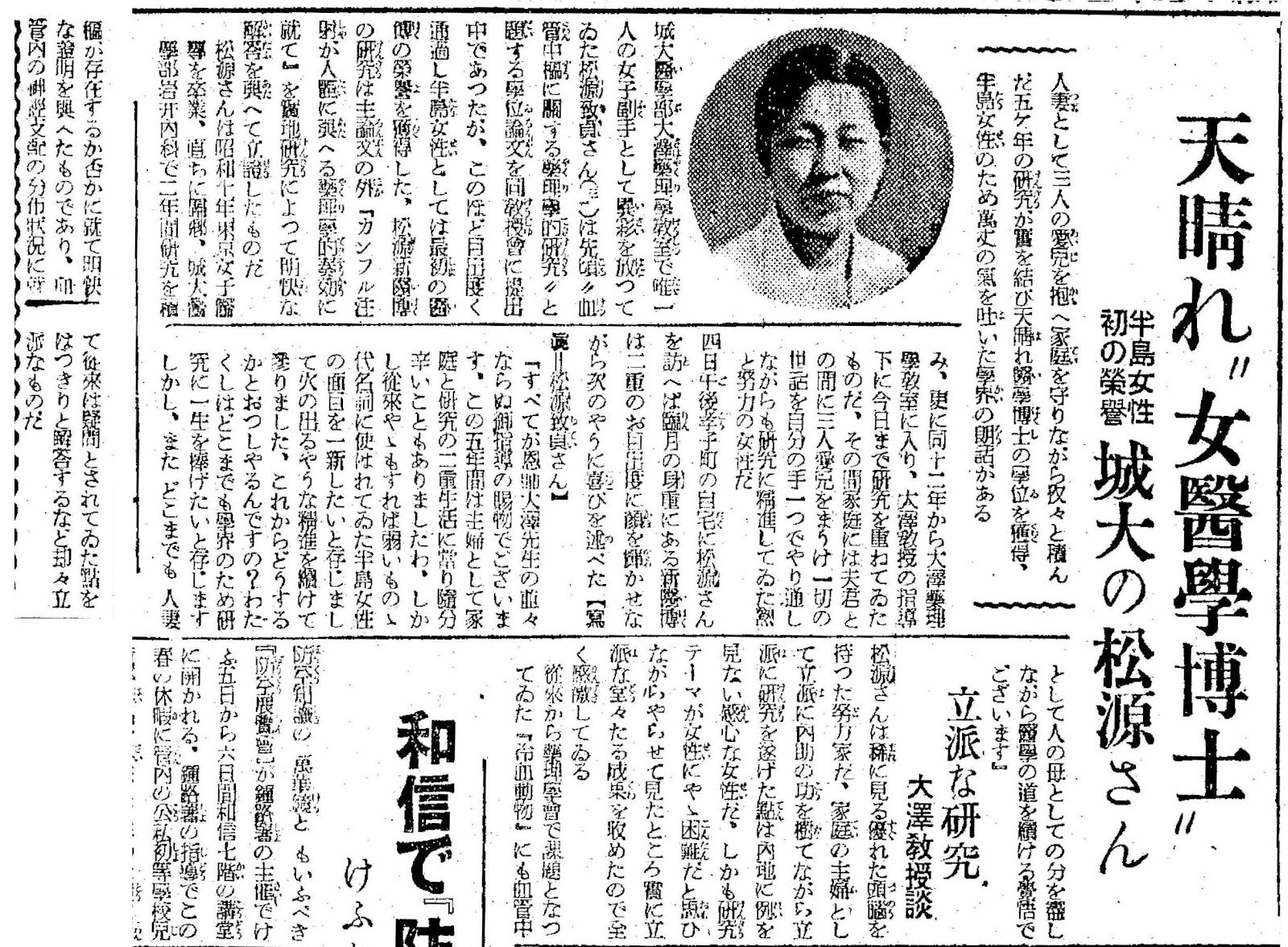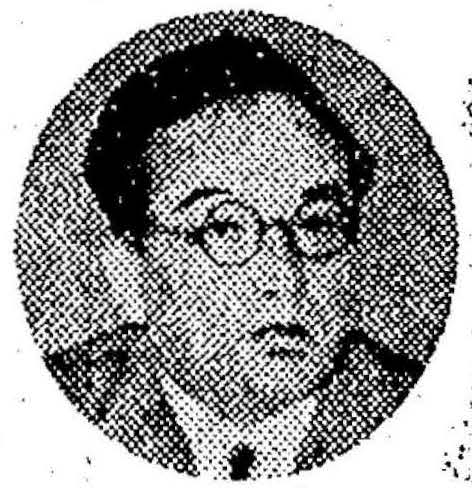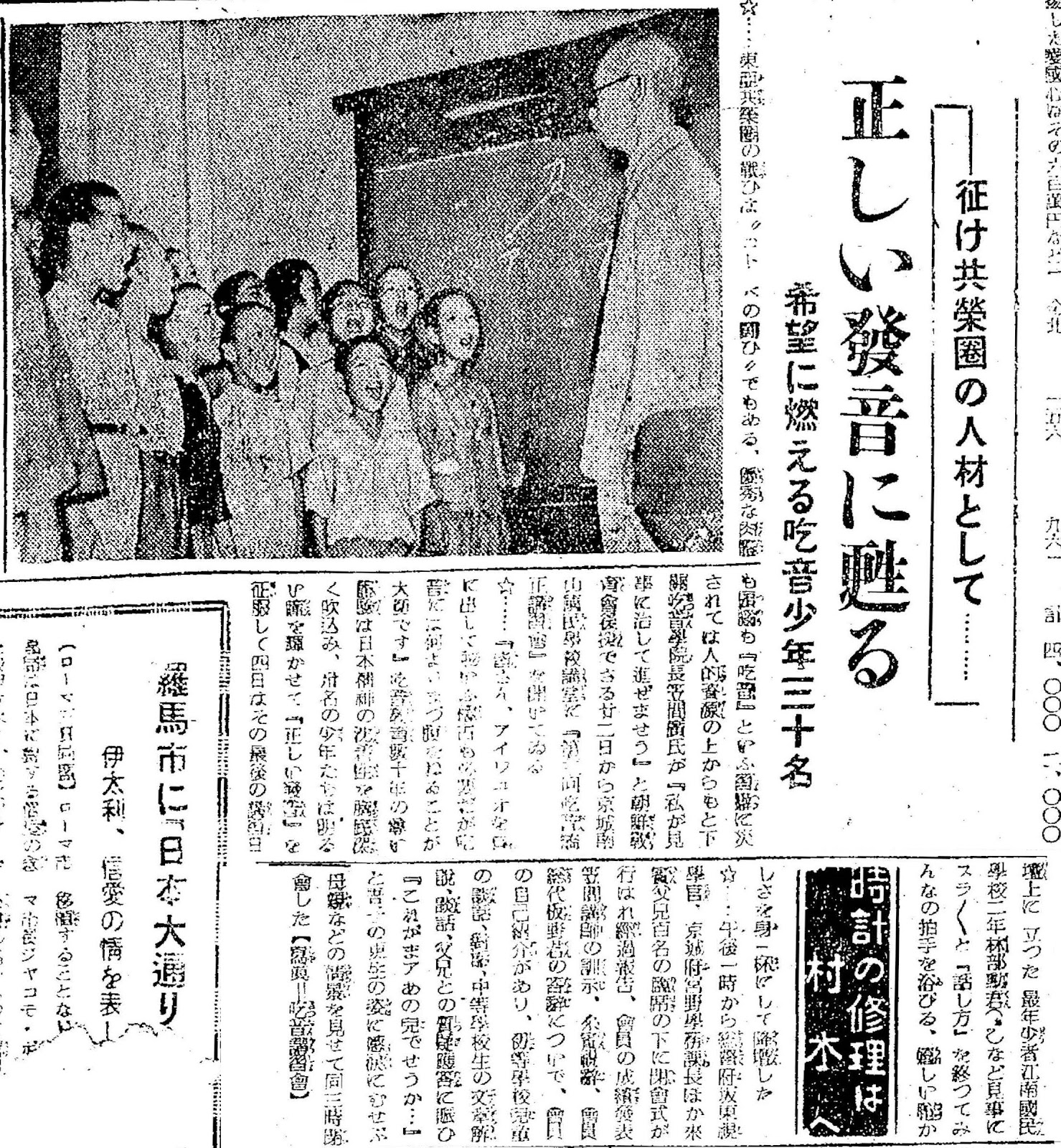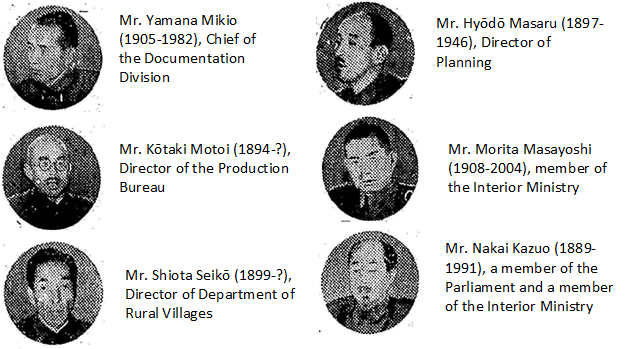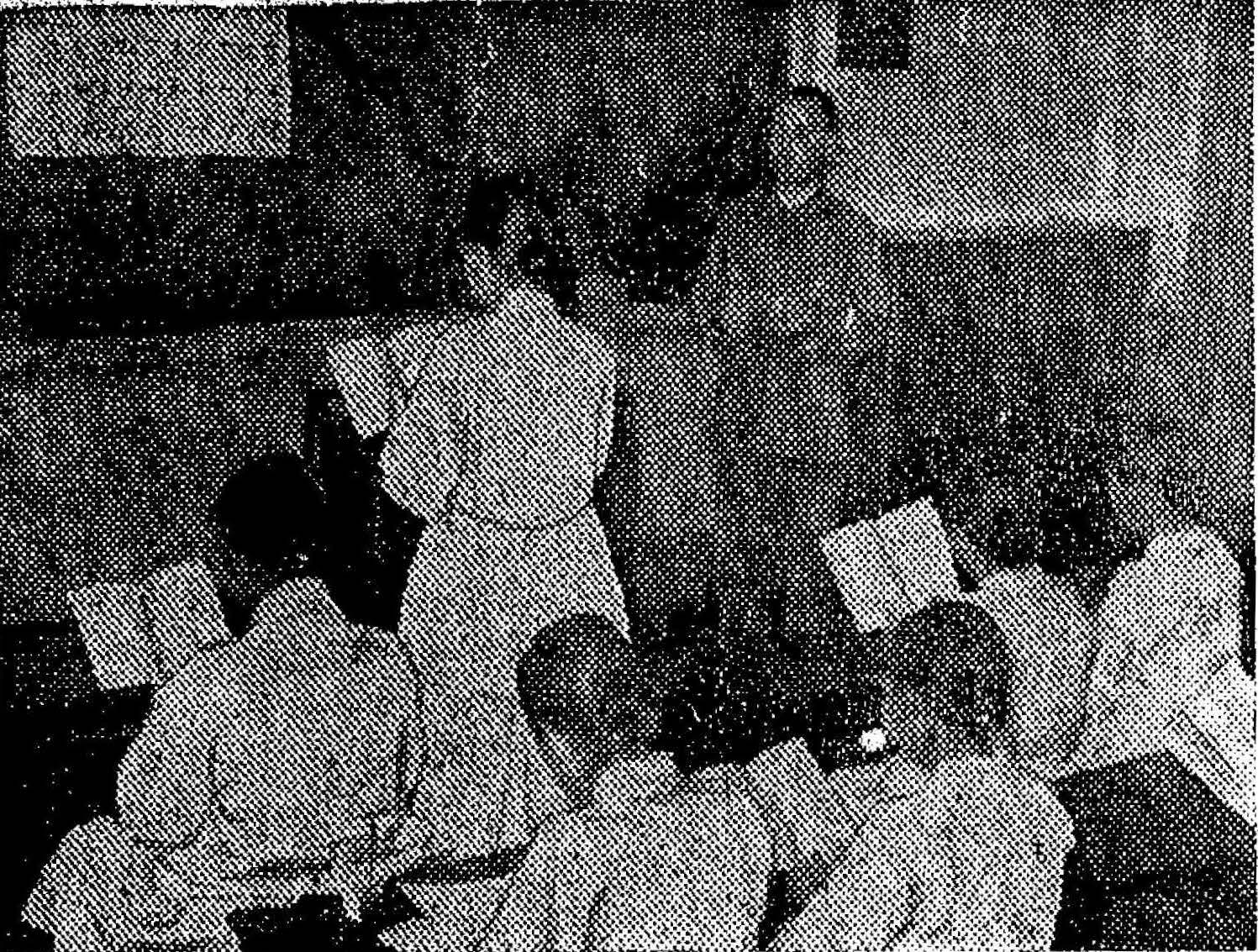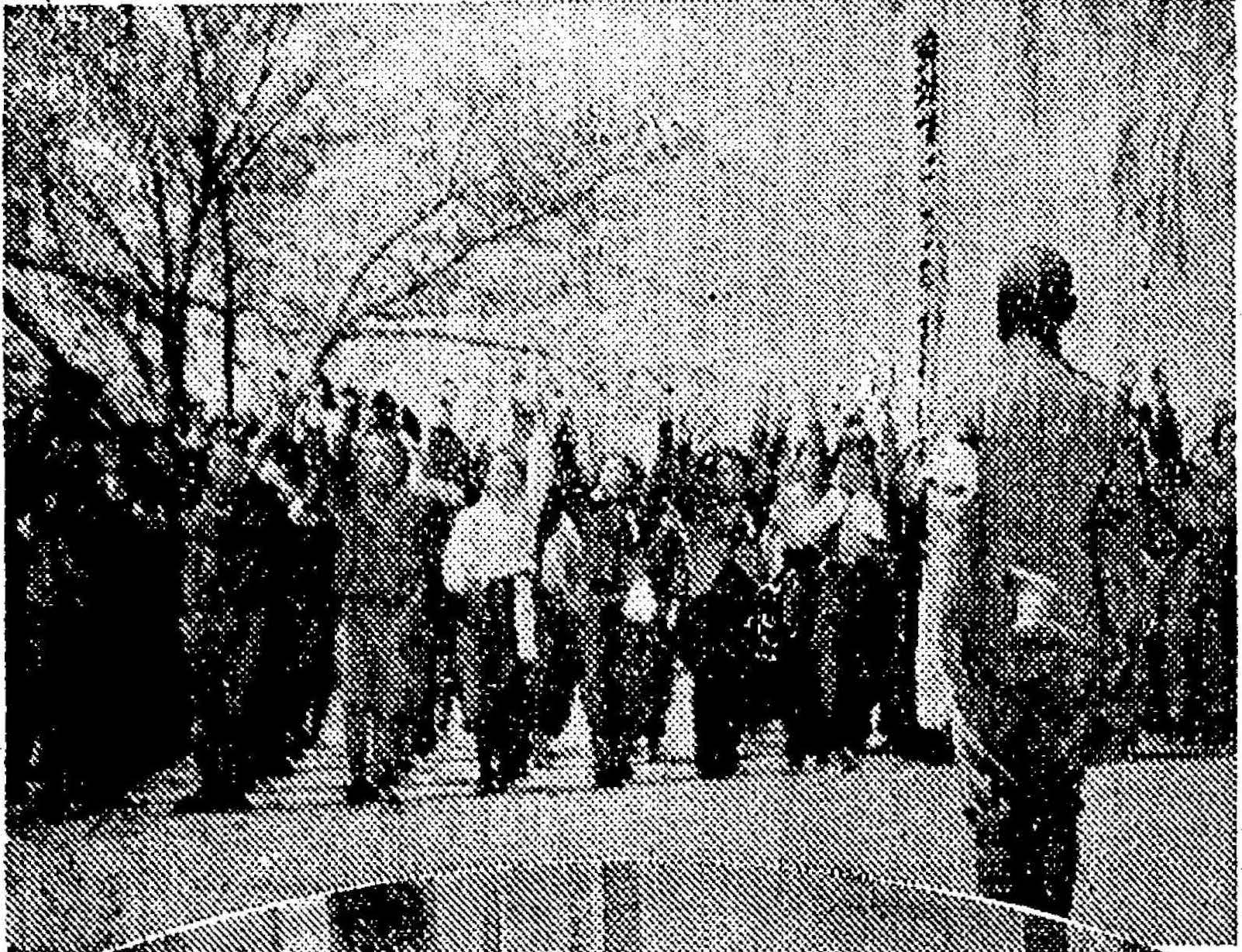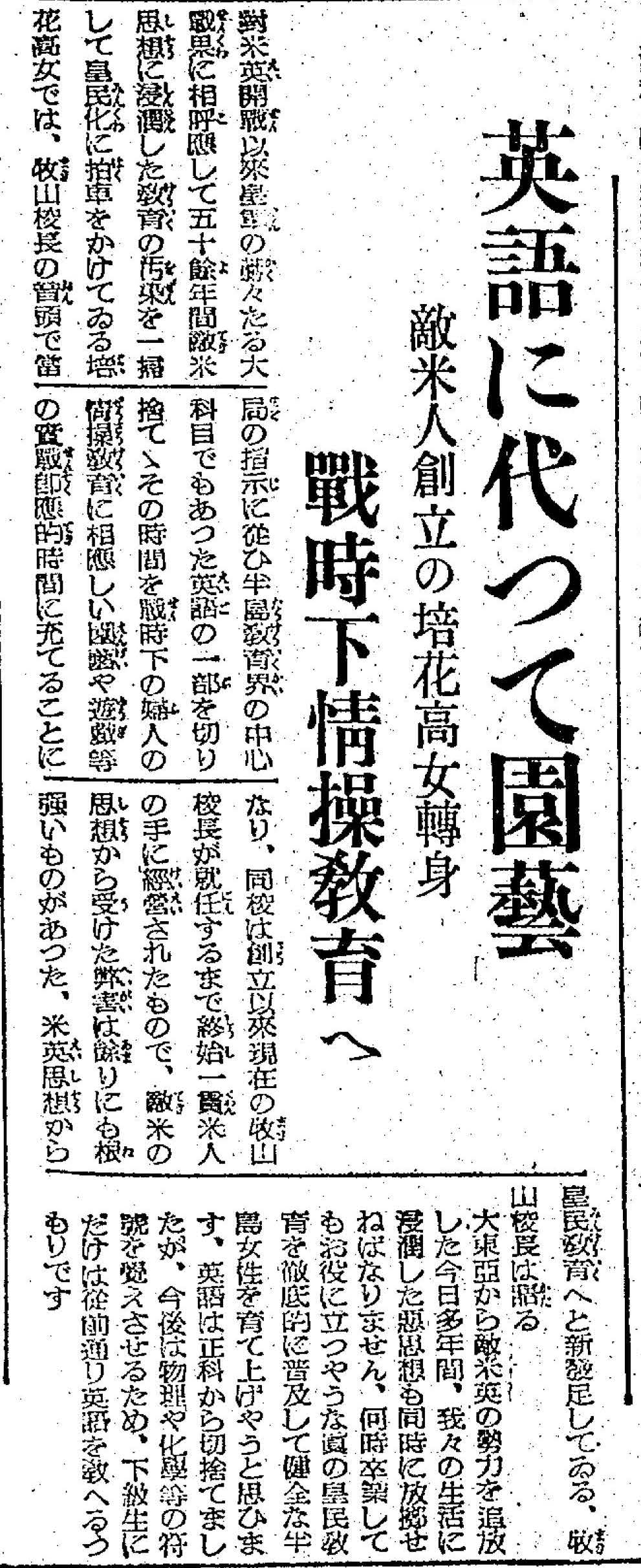
Colonial regime forced Korean schools to drop English from the main curriculum to further wartime Imperial Japanese ‘character-building’ education (April 1943)
2024-02-19
268
613
In April 1943, during the throes of the Pacific War, a notable article was published in Keijo Nippo, the leading national newspaper of Korea under Japanese rule. Keijo Nippo was not just any publication; it served as a propaganda tool for the Imperial Japanese colonial regime, which had a firm grip over Korea from 1905 to 1945. This historical piece offers a fascinating glimpse into how educational institutions were manipulated by the Imperial Japanese colonial regime, reflecting the broader political and ideological battles of World War II.
At the heart of this article is Baewha Girls’ High School in Seoul. Founded by American missionaries, Baewha had been shaping the minds of young Korean girls for about half a century by 1943. However, the onset of the Pacific War, where Imperial Japan found itself in a desperate struggle against the United States and Britain, marked a significant shift in the school’s approach to education.
The article highlights the actions of the Imperial Japanese principal, who took over after expelling the Americans from the school. One of his significant moves was to alter the curriculum by removing English as a main subject of study. This decision is emblematic of the broader efforts by the Imperial Japanese colonial regime to erase Western influences and assert ideological control.
Interestingly, the removal of English was not absolute. The language continued to be taught to junior students, justified on the grounds that English was necessary for understanding scientific symbols. This nuanced approach to the English language reveals the complexities and contradictions often inherent in such political and ideological shifts.
This historical account from Baewha Girls’ High School serves as a poignant reminder of how totalitarian regimes can politicize language itself, using education as a tool to enforce ideological purity. It’s a phenomenon that, unfortunately, resonates with similar instances in various parts of the world even today. This article not only sheds light on a specific event in history but also invites reflection on the ongoing impact of political ideologies on education and language.
[Translation]
Gyeongseong Ilbo (Keijo Nippo) April 6, 1943
Replacing English with Horticulture
Baewha Girls’ High School Transforms Under New Leadership
Focus on Moral and Character-Building Education During Wartime
For over 50 years, Baewha Girls’ High School had been steeped in enemy American ideologies. However, since the outbreak of war against Britain and America, Baewha has responded to the glorious war achievements of the Imperial Army, and is now sweeping away this educational contamination to accelerate its own Imperialization. Under the leadership of Principal Makiyama and following the directives of the authorities, the school has decided to cut back on English, which had been a central subject in the Korean educational sector, and reallocate that time to activities more suitable for women’s moral and character-building education during wartime, such as horticulture and physical exercises, adapting to the practical needs of the times. The school, managed consistently by Americans from its founding until Principal Makiyama took charge, had deeply ingrained adversities from enemy American thought. The transition from Anglo-American ideologies to Imperial education is now underway. Principal Makiyama states:
“Now that we have expelled the Anglo-American influence from Greater East Asia, we must simultaneously discard the harmful ideologies that have infiltrated our lives over many years. My goal is to thoroughly promote true Imperial education, which will be useful for our students whenever they graduate, and to nurture healthy Korean women. While we have eliminated English from our main curriculum, we intend to continue teaching English to junior students as before, for them to learn symbols used in subjects like physics and chemistry.”
[Transcription]
京城日報 1943年4月6日
英語に代って園芸
敵米人創立の培花高女転身
戦時下情操教育へ
対米英開戦以来、皇軍の赫々たる大戦果に相呼応して五十余年間敵米思想に浸潤した教育の汚染を一掃して皇民化に拍車をかけている培花高女では、牧山校長の音頭で当局の指示に従い、半島教育界の中心科目でもあった英語の一部を切り捨てて、その時間を戦時下の婦人の情操教育に相応しい園芸や遊戯等の実戦即応的時間に充てることになり、同校は創立以来現在の牧山校長が就任するまで終始一貫米人の手に経営されたもので、敵米の思想から受けた弊害は余りにも根強いものがあった。米英思想から皇民教育へと新発足している。牧山校長は語る。
大東亜から敵米英の勢力を追放した今日多年間、我々の生活に浸潤した悪思想も同時に放擲せねばなりません。何時卒業してもお役に立つような真の皇民教育を徹底的に普及して健全な半島女性を育て上げようと思います。英語は正科から切り捨てましたが、今後は物理や化学等の符号を覚えさせるため、下級生にだけは従前通り英語を教えるつもりです。
See also: Baewha students mend military uniforms for Imperial Army (March 1943 article)
Source: https://archive.org/details/kjnp-1943-04-06/page/n3/mode/1up
